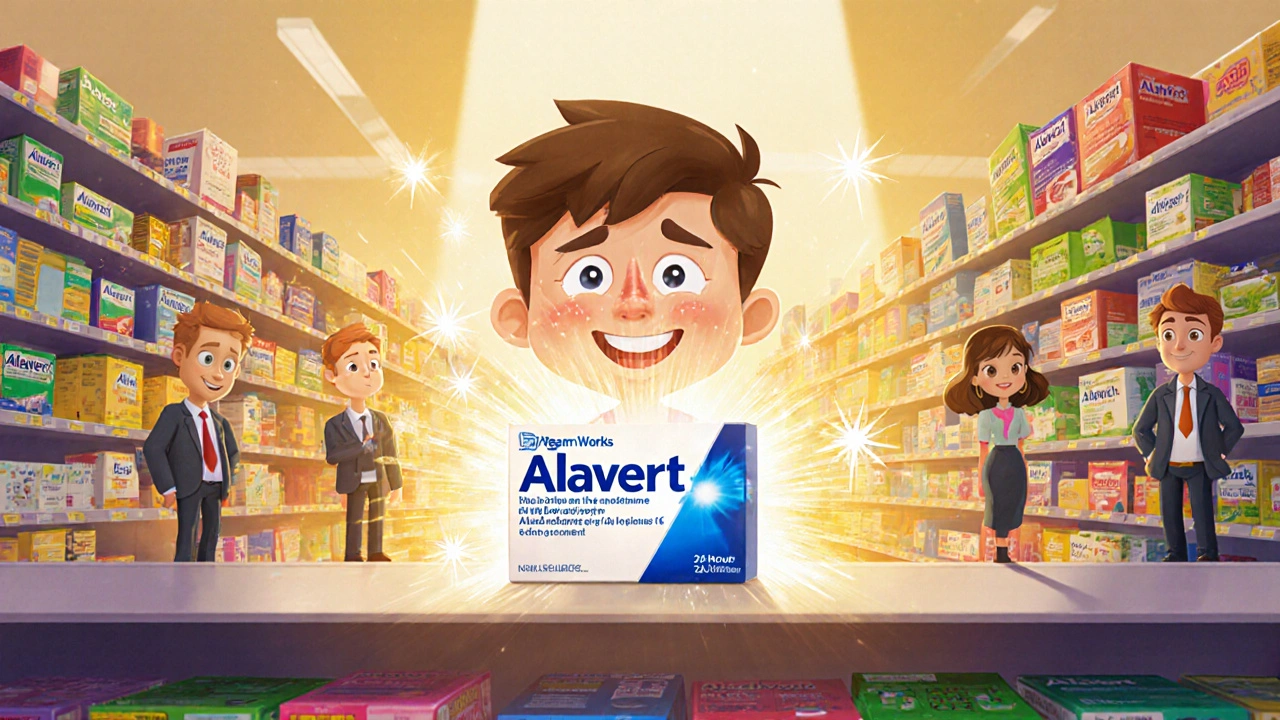Allergy medication: pick the right treatment for your symptoms
Sneezing fits, itchy eyes, or a stuffed-up nose—each symptom needs a different approach. Start by matching the medicine to what actually bothers you. That simple step gets you relief faster and avoids taking the wrong drug for the job.
Which drug for which symptom
Antihistamines are the go-to for itching, sneezing, hives, and a runny nose. Modern choices like cetirizine, loratadine, and fexofenadine are low‑sedation and last about 24 hours. Older options such as diphenhydramine or chlorphenamine work fast but can make you drowsy; avoid them if you need to drive or focus.
Nasal steroid sprays—fluticasone, budesonide, mometasone—reduce inflammation and control congestion over days to weeks. They aren’t instant, so use them daily during allergy season for steady benefit. Learn the right spray angle (away from the septum) to reduce nose irritation.
Decongestants like pseudoephedrine or phenylephrine clear a blocked nose quickly. Don’t use nasal decongestant sprays more than three days in a row—rebound congestion is real. Oral decongestants can raise blood pressure and cause jitteriness or insomnia, so skip them if you have uncontrolled hypertension or certain heart issues.
Targeted options and long-term fixes
Eye drops made for allergies and mast cell stabilizers help itchy, watery eyes without systemic side effects. Saline rinses flush pollen and are safe for almost everyone, including kids and pregnant people.
If OTC choices fail, prescription options include stronger steroid sprays, combination steroid‑antihistamine sprays, and leukotriene modifiers like montelukast. For a lasting fix, ask about immunotherapy (allergy shots or sublingual tablets)—it can reduce sensitivity over several months to years instead of just masking symptoms.
Special groups need caution: during pregnancy, saline rinses, cromolyn, and some inhaled steroids are often preferred—but always check with your clinician. Children need weight‑ or age‑based dosing; never give adult doses to kids unless advised by a provider.
Shopping online? Use licensed pharmacies, verify a physical address and pharmacist contact, and avoid sites that sell prescription-only meds without asking for a prescription. Our site has reviews and safety tips to help you avoid scams and pick reliable sellers.
Quick, practical tips: start non‑sedating antihistamines for daytime, use steroid sprays daily for best control, limit topical decongestants to short bursts, and combine treatments when needed—an antihistamine plus a steroid spray is common and safe for many people. See a doctor if symptoms affect sleep, cause wheezing, or include facial swelling—those need prompt care.
If you want help choosing a product, comparing costs, or checking side effects, browse our guides and pharmacy reviews. We break down what works, what’s safe, and how to get medicine reliably online or in person.







